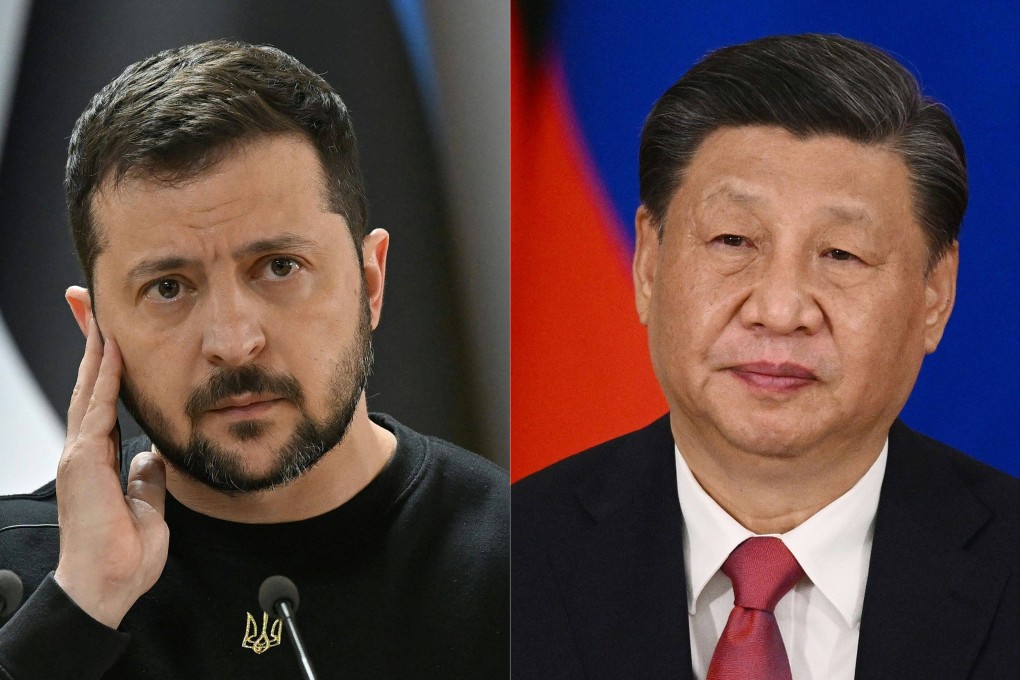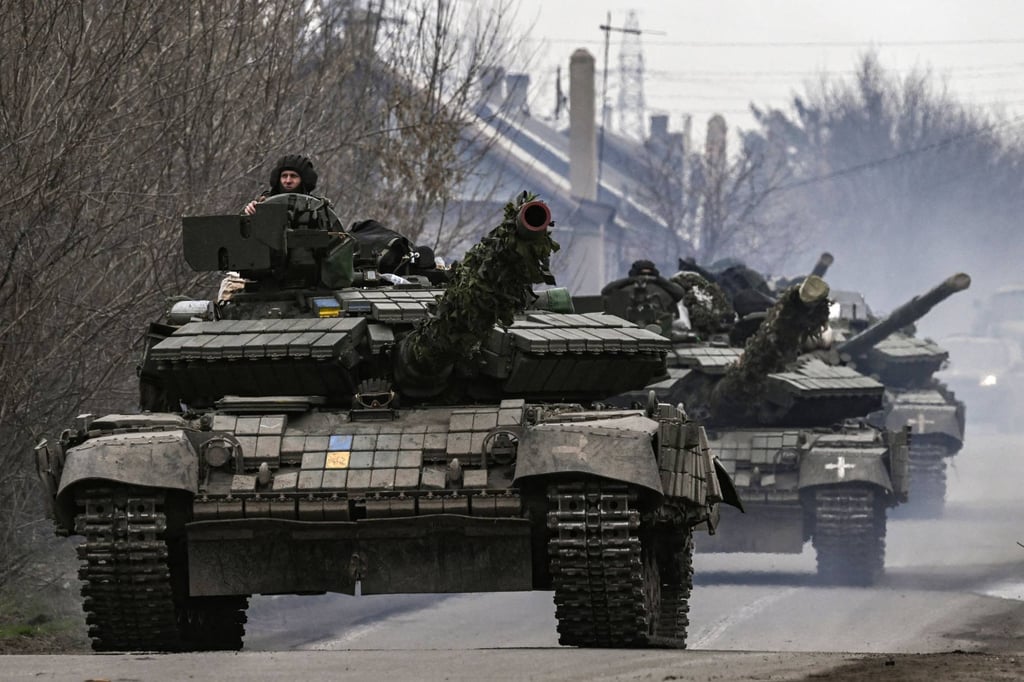Editorial | Xi-Zelensky call one more reason to look into China peace plan
- China will send a special envoy to Ukraine following the one-hour conversation between the two leaders amid growing need to end war with Russia

The world has looked to China to help end the Russia-Ukraine war by using its good offices with both. Beijing floated a peace plan in February.
And President Xi Jinping had not ruled out personally speaking to Ukrainian leader Volodymyr Zelensky – for the first time since the war began – when the time was right. That time came this week at a critical juncture, with Ukrainian forces expected to launch a major new offensive.
This may only escalate the horrific military and civilian casualties and the economic costs of the conflict to the combatants and the world.
As a result of a nearly hour-long phone conversation between Xi and Zelensky, China will dispatch a special envoy at the head of a delegation to Ukraine and other countries to help conduct “in-depth communication” with all parties involved to “find a political settlement”. Xi told Zelensky, rightly, that talks and negotiations were now the only way out of the crisis.

The latest deal is not a circuit breaker to the killing and destruction. But it is a parallel narrative to the futility of war to settle disputes, such as Russian security concerns about Ukrainian alliances and the tit-for-tat portrayals of China and the West as accomplices of the respective combatants.
The outcome of the phone call between Russia’s special friend and its hated adversary means that China’s proposal to pave the way for peace is the only one on the table from a major power. This is after state leaders, including those from France, Germany, India, Brazil and the European Commission, had talked to both sides.
